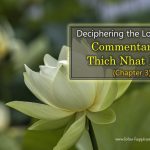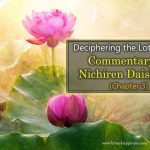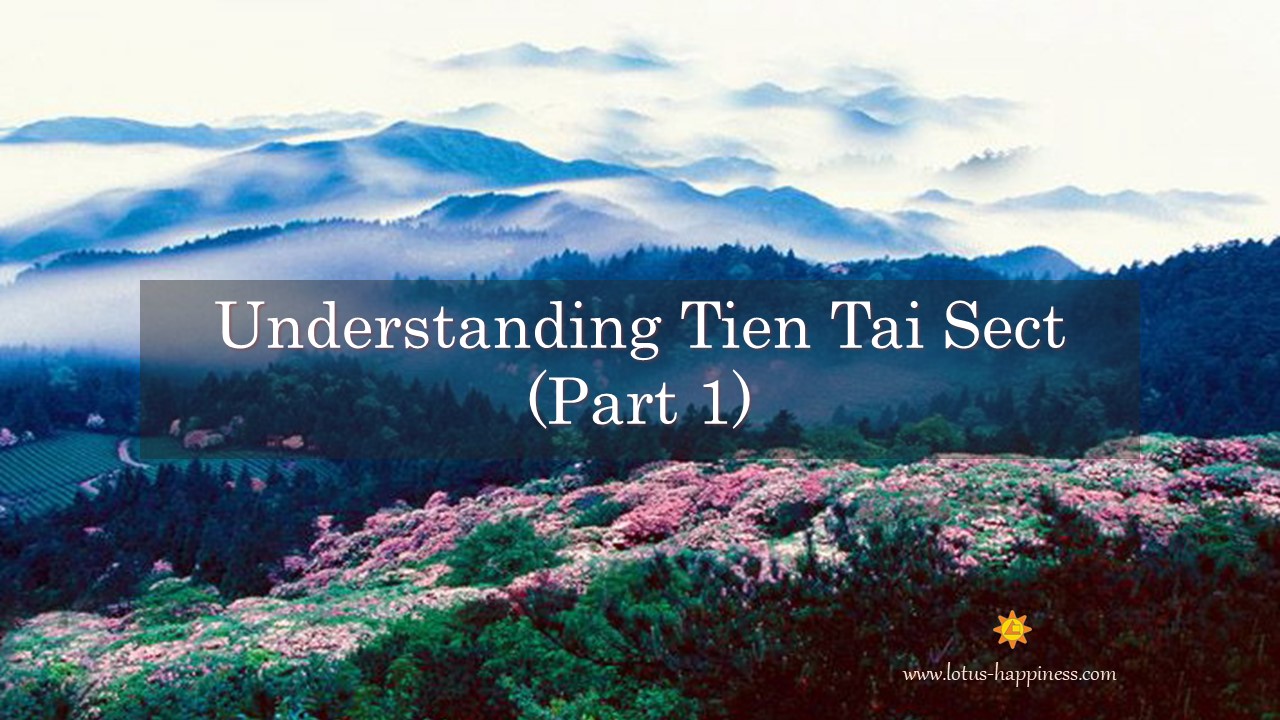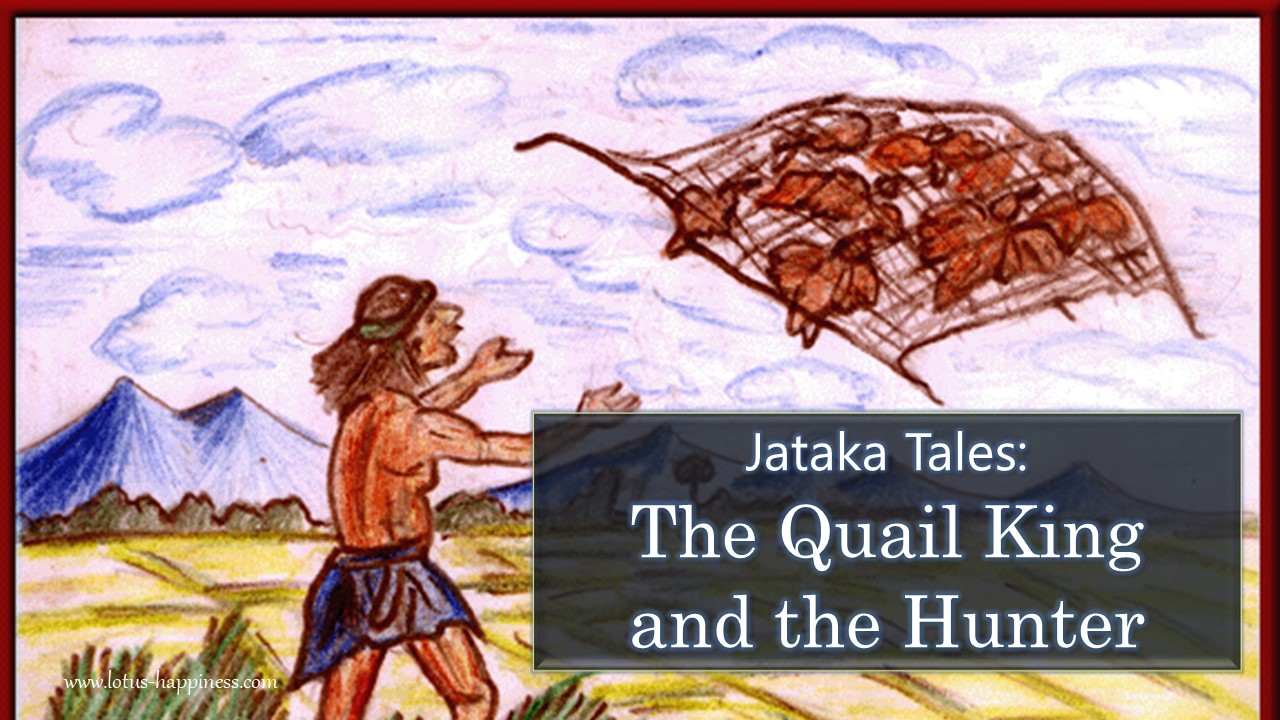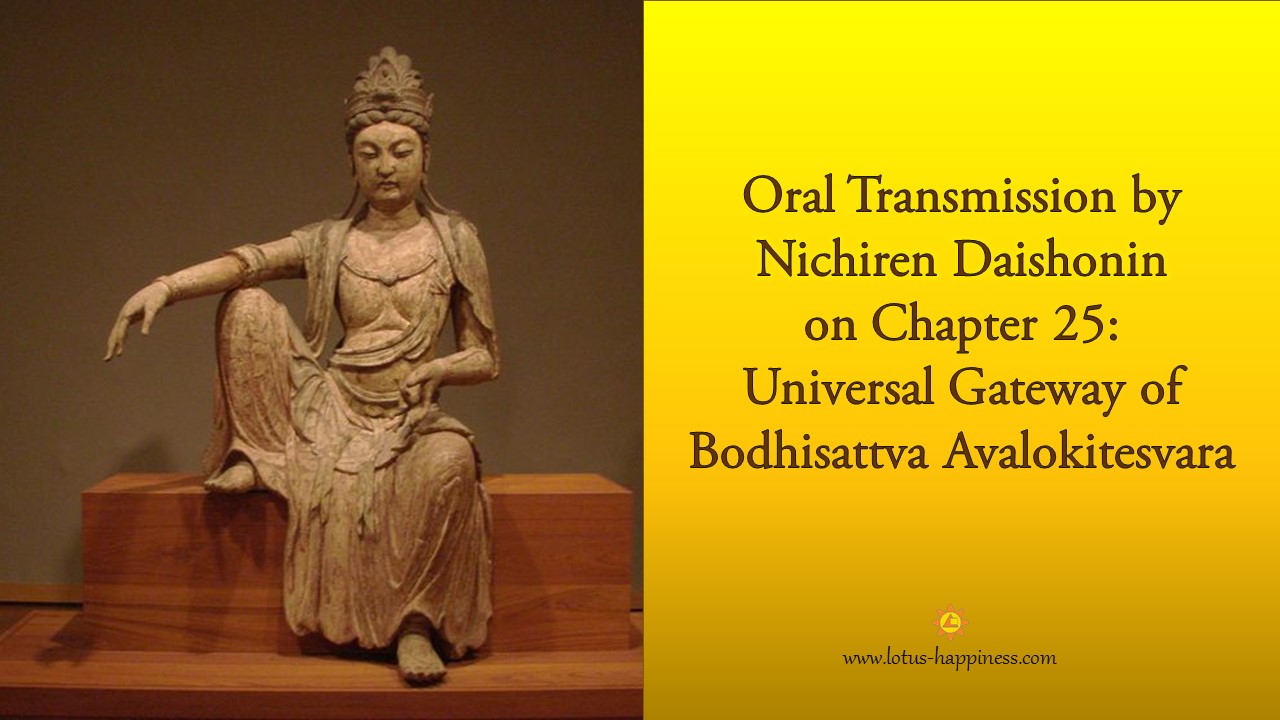Deciphering the Lotus Sutra: Commentary by Nikkyo Niwano (Chapter 3)
Beginning with this chapter, the Lotus Sutra becomes much easier. The Buddha’s teaching so far has been theoretical and philosophical, but here, with the introduction of a parable, there is an abrupt change to a style readily understood by ordinary people.
The second chapter of the sutra closed with Shakyamuni’s statement that all would become buddhas, and now Shariputra, his face lit with joy, rises to salute Shakyamuni and announce his ecstasy at the understanding just granted to him. First in prose, then in verse, he speaks of his own spiritual progress, which now, though not complete, is crowned with the certainty of his becoming a buddha himself and a teacher of bodhisattvas.
Shakyamuni then announces that in an age almost infinitely distant, yet seemingly near at hand, Shariputra will become a buddha whose name will be Flower Light Tathagata and whose domain will be the Undefiled, a land that is described as of itself bursting with abounding vitality and joy. This remarkable passage is repeated in poetry. Following the repetition, the assembled multitude rejoices at the prediction of Shariputra’s perfect enlightenment, and the skies are filled with celestial robes offered in homage to the Buddha. Heavenly music and flowers come down.
A hymn of praise and thanksgiving follows, and then Shariputra again speaks to Shakyamuni. He states that his own doubts have been dispelled but that there are twelve hundred others at various stages of discipline and training who are perplexed by Shakyamuni’s abrupt revelation of the new message about tactful teaching.
This announcement from Shariputra is the point of departure for the parable that is the body of the chapter.
It is necessary at this point to introduce one or two terms that appear in the following discussion. In the progress toward buddhahood, which is the fourth of the four holy stages, the first is that of the attender, the shravaka. Shravaka means a person who listens to the Buddha’s teachings and exerts himself to attain the stage of enlightenment by practicing these teachings. Pratyekabuddha means a self‐enlightened person who obtains emancipation for himself without any teacher. The common point in both of these stages is a lack of the wish and dedication to save other people. Shravakas and pratyekabuddhas do not teach and seek to save others. Their gain is viewed as merely personal salvation. In Mahayana teaching the two stages are often referred to as the two vehicles. The third stage is that of the bodhisattva‐‐a Mahayana development ‐ a being in the final stage before buddhahood or one who seeks enlightenment not only for himself but for all sentient beings.
Now Shariputra’s joy stems directly from the Buddha’s statement that all will become buddhas, but he is made even more joyous to have his own buddhahood specifically predicted. Until now he has been only a shravaka, clearly below the bodhisattva, and it had hardly occurred to him that he would reach that highest state of being, becoming a buddha himself.
In the chapter on tactfulness it is stated that “there is no other vehicle, but only the One Buddha‐vehicle,” which makes it plain that the way to buddhahood is but one and that there are no second or third vehicles. Then farther on, toward the end of the same chapter, Shakyamuni states that he is here to teach the bodhisattvas and that he has no shravaka disciples, which means that all the disciples are bodhisattvas and none are to be called shravakas. And then, at the end, he says, “Rejoice greatly in your hearts, knowing that you will become buddhas.” And so, hearing this, those who had thought of themselves as mere students in the “high school” of the shravakas realized that their school was preparatory to the “college” of bodhisattvas, to borrow our contemporary language, and that while they had thought they were mere preparatory school students, they were in fact already in college.
Moreover, since the college of bodhisattvas is the course to buddhahood, if only they continued to accumulate practice, they would become buddhas, and this truth they perceived clearly at the bottom of their souls. How could they not rejoice?
Hereupon Shariputra explains his gratitude but at the same time honestly confesses his previous inadequacy. In turn the Buddha confirms Shariputra’s enlightenment and announces to him in particular that he is to become a buddha. This is the first of a number of predictions to shravaka disciples of their coming buddhahood, and the close disciples later all have their buddhahood predicted. In this sense the Lotus Sutra may be regarded as the Sutra of Prediction of Buddhahood‐‐a major distinction‐‐for it is the sutra that bestows upon all people the assurance that they may become buddhas.
Now, to return to the text, we read Shariputra’s assertion first in prose, then in verse, that upon attaining the enlightenment of a buddha, he will preach the supreme doctrine and teach many. Shakyamuni’s specific announcement of Shariputra’s buddhahood, as indicated earlier, places it far, far in the future, but the prevailing feeling is one of its being near, as the realm of the Flower Light Tathagata is described in all its color and glory. Shariputra is content for himself, but he is worried over the twelve hundred others who are puzzled by the depth of the Buddha’s teaching, and he pleads for a clearing up of this difficulty.
Source: RK-World




